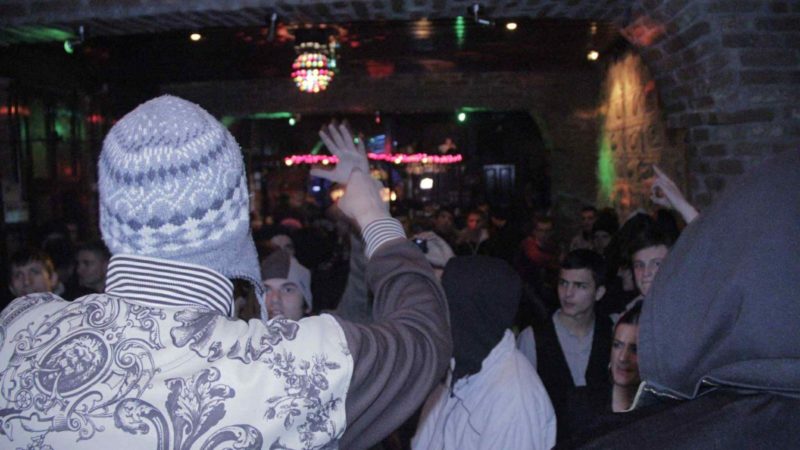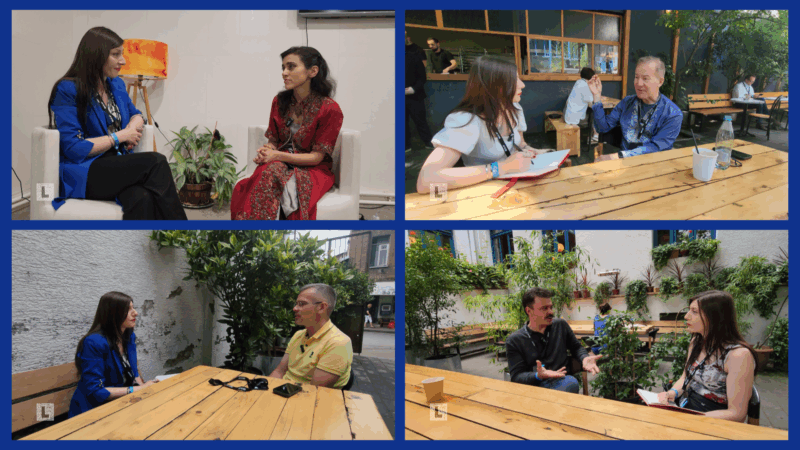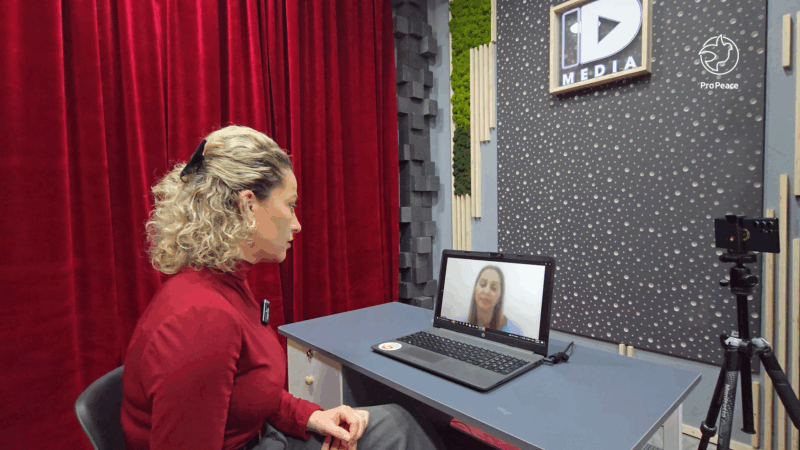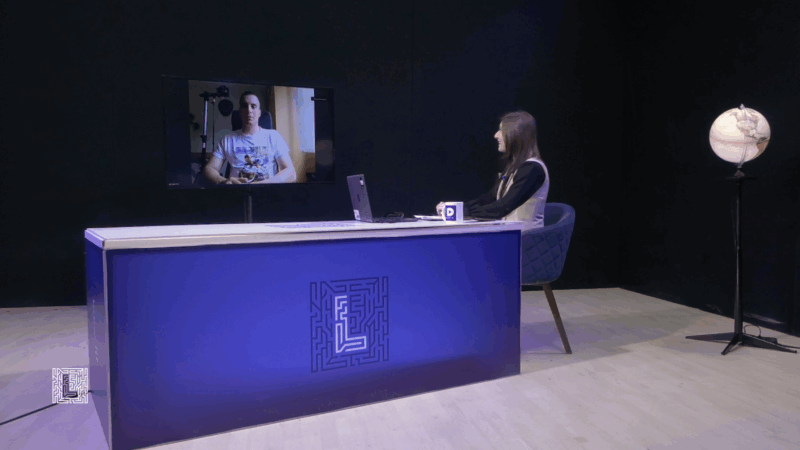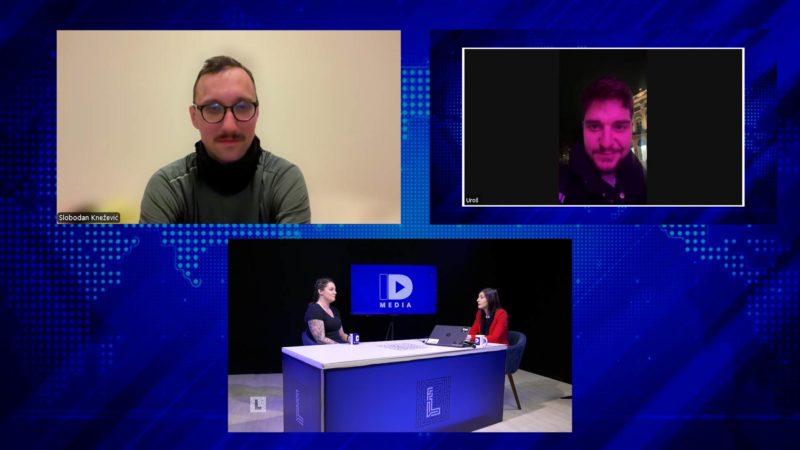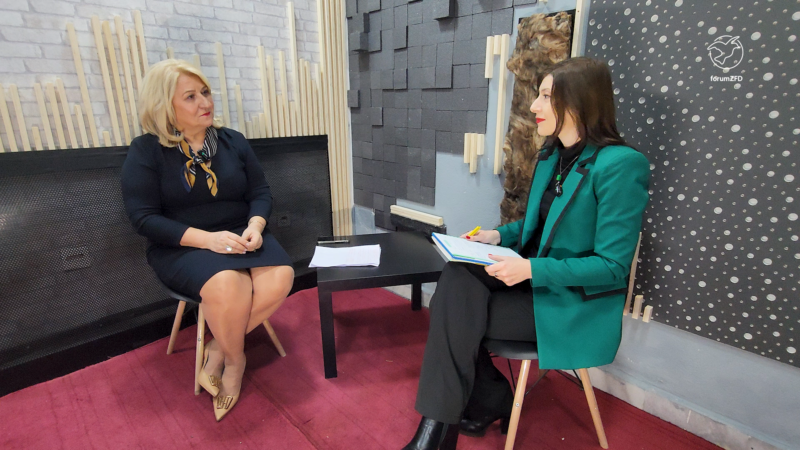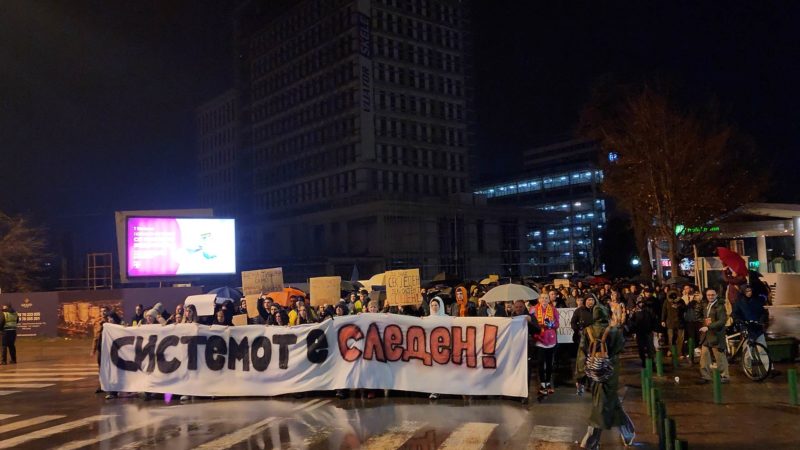Чаир ја враќа урбаната култура со концертот „Shkupi on its Finest“( Скопје во најдобро светло)
 Скопје, 20 јуни 2025 – Во срцето на Чаир, таму каде што со децении чука срцето на урбаната култура, се враќа со нова енергија значаен културен настан: хип-хоп концертот „Shkupi on its Finest“. Настанот ќе се одржи на 28 јуни 2025 годинаво 13:00 часот, во јавните простори на парковите во Чаир, враќајќи ја повторно оваа населба во епицентар на младинскиот уметнички израз и афирмираните артисти.
Скопје, 20 јуни 2025 – Во срцето на Чаир, таму каде што со децении чука срцето на урбаната култура, се враќа со нова енергија значаен културен настан: хип-хоп концертот „Shkupi on its Finest“. Настанот ќе се одржи на 28 јуни 2025 годинаво 13:00 часот, во јавните простори на парковите во Чаир, враќајќи ја повторно оваа населба во епицентар на младинскиот уметнички израз и афирмираните артисти.
Концертот се организира со поддршка на Министерството за култура и туризам, со цел промовирање и понатамошен развој на хип-хоп културата во земјата. Идеен творец и една од клучните фигури на настанот е Урим Етеми, познат на музичката сцена под уметничкото име Ummet, кој во соработка со неколку реномирани артисти со долгогодишен придонес, носи автентичен и носталгичен дух на сцената.
„Интересот за реализација на ваков манифест постои одамна. Сега кога се појави можноста, нема да двоумиме да го направиме на најдобар можен начин“, – изјави Ummet за медиумите.
Концертот е замислен како симболично враќање во 90-тите години, кога младите во Скопје ги поставија темелите на хип-хоп културата – на улиците, во парковите и маалата. Настанот се очекува да собере бројна публика и љубители на оваа култура, нудејќи сцена и простор за новата генерација артисти.
Организаторите упатуваат покана до целата јавност да биде дел од овој уникатен културен манифест, кој не само што ги оддава почит на корените на хип-хопот во Скопје, туку и отвора нова страница во неговата современа историја.
Analyses of conflict zones and experiences from war hotspots
Серија интервјуа за кризните подрачја и лични искуства на новинари и хуманитарци –
Сима Џилани, Мајкл Боцјуркив, Аделин Пертисор и Гиорги Долидзе во овој Лавиринт.
This week, Labyrinth in Tbilisi at one of the biggest journalism events - the ZEG Festival. We had the opportunity to talk to journalists from all over the world about the current situation in their countries. We present you a series of interviews about the countries that are currently in the global focus.
We spoke with one of the keynote speakers at the event, a doctor who has dedicated her life to treating children in the most vulnerable places in the world, Seema Jilani. We talked about the great humanitarian catastrophe unfolding before our eyes, the Gaza Strip, and how we can help people cut off from all help. Seema also shared her personal experience of what it feels like to treat her own child injured in an explosion in Beirut.
The war in Ukraine is still raging, and since the coming to power of US President Donald Trump, Russian attacks on the Ukrainian capital seem to have increased. Meanwhile, in the Middle East, Israel and Iran are fiercely attacking each other. We talk about the situation in Ukraine and the current hot spots in the Middle East with Atlantic Council analyst Michael Bociurkiw, who regularly analyzes for CNN and other global media.
At the event, we also had the opportunity to talk with our colleague Adelin Pertisor from the Romanian public service, who is one of the most experienced war reporters. He reported on wars in the Middle East, Africa, as well as the Balkan conflicts and had the opportunity to interview a large number of leaders, but also some notorious militants such as Željko Ražnjatović - Arkan. Of course, we also talked about the situation in Romania after the annulled elections when the Constitutional Court recognized Russian influence in the electoral process.
Since Georgia got a new pro-Russian President who imposed a series of undemocratic laws, Georgians have been protesting every day. Media freedom and civil society are under attack, and journalists and citizens are facing prison sentences. We talk to Georgian colleague Giorgi Dolidze about what is happening in his country.
Watch the full episode.
https://www.youtube.com/watch?v=tfV75Tk3izc
Facing the Past: Healing and Reconciliation in the Balkans
The Balkans remain a region marked by a painful history of wars, conflicts, and ethnic divisions. In this conversation, we explored the psychological and social consequences of these events, and how societies can or should engage with their past to build a peaceful future. We discussed transitional justice, the importance of remembrance versus intentional forgetting, the role of forgiveness, and the challenges of interethnic dialogue. Questions were raised about how communities can heal, how individuals confront trauma, and whether reconciliation efforts—both local and international—can foster trust and collective identity after conflict.
https://www.youtube.com/watch?v=30kk53zlYRc
Serbian students' message reaches the Parliament in Strasbourg
A conversation with one of the cyclists who rode 1500 kilometers
The cyclists who rode across half of Europe to deliver a message to the European Parliament in Strasbourg have returned home. Another spectacular welcome was organized for them in Novi Sad, after those that took place in major European cities. In this Labyrinth, we include Veljko from the Technical Faculty in Novi Sad to tell us about the message that was delivered to the MEPs and to share with us their experiences from the long journey. The next great feat of the Serbian students will be a run to Brussels.
https://www.youtube.com/watch?v=22lxzDu1vNs
Students halfway to the European capital of justice – Cyclists welcomed with a red carpet in Vienna
Serbian students are cycling to Strasbourg. They were welcomed in Bratislava, Budapest where they received support from the mayor of the Hungarian capital, but the biggest welcome was organized for them in Vienna, where the largest Serbian Diaspora is located. From Vienna, immediately after their arrival, we spoke with Slobodan Knježević, who decided to join the students in this feat, and Uroš Petrović, who is studying for a master's degree in Vienna, and was at the square to welcome the cyclists. In this edition of Labyrinth, a US military pilot was a guest in our studio, with whom we talked about how she made the decision to fly and what the path to that position was. IDMedia
https://www.youtube.com/watch?v=5pPGGruFodY
What have Balkan countries done to protect the women in the post conflict period?
In this episode of Transitional justice we talk about the protection of women in the post conflict period. The UN recognized the need to highlight the role and the position of women in the world after armed conflicts and adopted the Resolution 1325. This Resolution urges all actors to increase the participation of women and incorporate gender perspectives in all UN peace and security efforts. Our interlocutor for this topic is Professor Lidija Georgieva from the Faculty of Philosophy. We asked The Professor Georgieva what is done after the adoption of this Resolution, especially in the Balkan countries?
https://www.youtube.com/watch?v=xJkcwg5_W-g
Sound cannon at the biggest protest ever held in Belgrade
Reportage from the biggest protest Belgrade has ever seen
Due to the days of silence, we decided not to publish any other content, so today we are publishing the reportage from the big protest that took place in Belgrade on March 15th.
We welcomed the three walking groups of students who arrived the day before and followed the entire protest to the end. We talked to several Serbian actors about the current situation, as well as some of the students, bikers and citizens. A sound cannon was also used at the protest, and one of the injured students told his experience in the Labyrinth. Watch the full episode.
https://www.youtube.com/watch?v=L_LcMjhM7gc


